The blindness is not who I am
Published on May 9th, 2023
In May, US Sailing is celebrating Asian American & Pacific Islander Heritage Month by profiling sailors in that community. In this report they meet with sixty-nine year old Matt Chao who has never let adversity keep him from time on the water.
Chao is the son of Chinese immigrants who settled in Michigan. Throughout his childhood, Chao’s parents emphasized the importance of education and hard work (both having achieved advanced degrees), something that has informed his outlook on life and sailing.
“We were all instilled with the culture with respect to working hard and doing a decent job. It was an ‘either do it well or don’t bother’ kind of thing,” said Chao. “You develop a set of core values based on all those things. So as a sailor, I wanted to do better. I wanted to be the best I could be.”
Chao, who was born blind, began his sailing journey as a high school student at the Perkins School for the Blind in Watertown, MA. He spent two years in an experimental program where blind Perkins students could try sailing at Community Boating, Inc. on the Charles River. Chao tapped into his competitive drive, having also competed in track and wrestling while in school, which he quickly applied to sailing.
After his graduation from high school, Chao took time away from sailing, focusing on developing life skills and pursuing higher education. Chao enrolled at Brandeis University, where he graduated with a BA in history, then Springfield College for a masters in counseling education.
In 1979, Chao was introduced to a blind sailing program at the Carroll Center for the Blind in Massachusetts. What started out as a recreational program soon became a competitive racing team in the 90s, called Sail Blind. Chao and his fellow sailors had the chance to compete at numerous regattas, including the World Blind Sailing Championships, earning a silver medal in 1997 and two bronze medals in 2006 and 2013, with Chao at the helm.
“As a racer, I’m looking at honing the edge, I’m looking at being competitive,” Chao said. “There was this niche I wanted to fill in terms of being competitive because if you’re blind or visually impaired, you have to be competitive in life.”
The unemployment rate for blind and visually impaired people is over 70%, Chao notes, and this need to be competitive and proactive in the job market carried over into his sailing, and vice versa, creating a symbiotic relationship between the two.
As a blind Asian American, Chao has faced a number of obstacles on his way to success in sailing and in life – much of which has come from people’s attitudes and preconceptions, rather than physical obstacles.
“It is a challenge just to get recognized as a competitive sailor. The blindness is not who I am. The sailor is who I am. I just happen to be totally blind,” commented Chao. “Okay, so I can’t see the tactical plot to figure out strategies, but I can do everything from helming to trimming. The challenges I’ve faced in the sailing area and in society are largely attitudinal.”
The best thing the sailing community can do, according to Chao, is to be open-minded and extend a hand to people who might look different or have different ability levels, giving them the ability to demonstrate their skills on the water. Invite these folks on to your boats, and follow through with opportunities for them, Chao notes.
“I remember talking to people about wanting to go offshore and they talk a good game. And then when you ask them directly, they say no,” he said. “Their comfort level suddenly is off the scale in terms of being uncomfortable. That’s how my experience has been. Give us a shot.”
The more minorities that get involved with sailing, the more role models young, diverse sailors will have to look up to, Chao notes. In his early days of competitive sailing, Chao remembers only one Asian sailor at the elite level – offshore sailor Karl Kwok, who has long competed in the South China Sea Race, winning in 2018.
Despite everything, Chao sees many parallels between overcoming adversity in life and in sailing.
“I think it’s a wonderful sport. There’s so much carryover that you can apply to life in general,” said Chao. “I know that I’ve learned a lot in terms of growing as an individual and as a competitor and it’s really helped me to develop outside of sailing.”


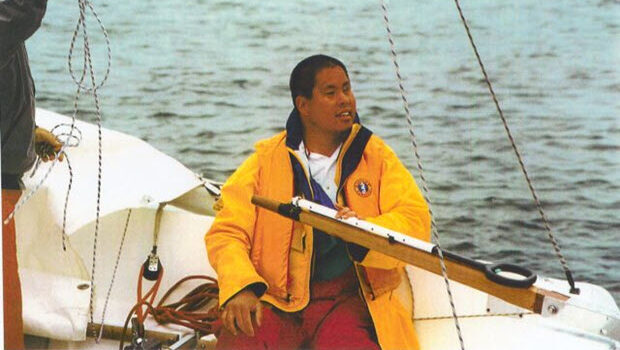


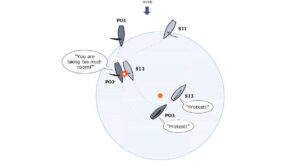
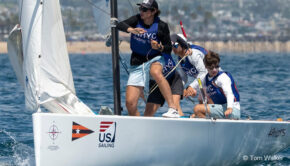
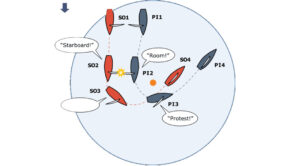
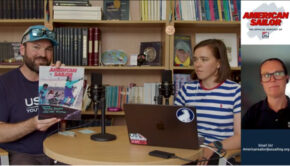
 We’ll keep your information safe.
We’ll keep your information safe.